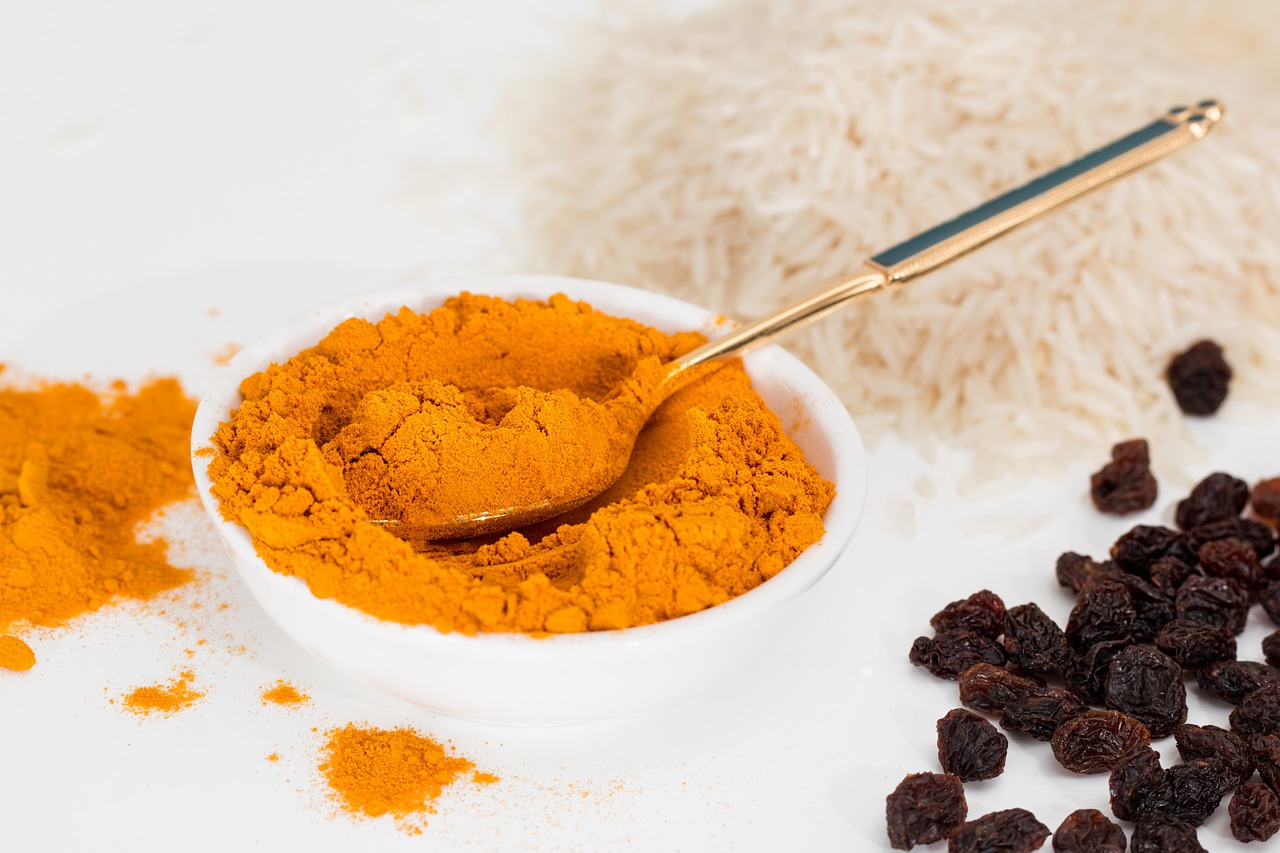Introduction:
Turmeric, a bright yellow spice commonly used in cooking, has gained popularity for its potential health benefits. It contains an active compound called curcumin, which has been studied for its various therapeutic properties. In this article, we will explore five powerful benefits of turmeric supported by scientific research.
1. Anti-Inflammatory Properties:
Turmeric is renowned for its potent anti-inflammatory effects. Curcumin, the key compound in turmeric, inhibits the activity of inflammatory molecules in the body, reducing chronic inflammation. Chronic inflammation is linked to various health conditions such as arthritis, heart disease, and certain types of cancer. Incorporating turmeric into your diet may help combat inflammation and promote overall health.
2. Antioxidant Activity:
Curcumin is a powerful antioxidant that helps neutralize harmful free radicals in the body. Free radicals can cause oxidative stress, leading to cell damage and contributing to the development of chronic diseases. By scavenging free radicals, curcumin supports cellular health and protects against oxidative damage.
3. Potential Cancer-Fighting Properties:
Numerous studies have investigated the potential anti-cancer effects of curcumin. It has been found to inhibit the growth and spread of cancer cells and even induce apoptosis (programmed cell death) in certain types of cancer. While more research is needed, early findings suggest that turmeric may have a role in cancer prevention and treatment.
4. Digestive Health Support:
Turmeric has long been used in traditional medicine to aid digestion. It stimulates the production of bile, which helps break down fats and enhances nutrient absorption. Turmeric may also have antimicrobial properties, helping to combat harmful bacteria in the digestive system. Incorporating turmeric into your meals or consuming it as a tea can support digestive health and promote proper digestion.
5. Brain Health and Cognitive Function:
Curcumin has shown promise in supporting brain health and cognitive function. It can cross the blood-brain barrier and has been found to have neuroprotective effects. Research suggests that curcumin may help reduce the risk of neurodegenerative diseases like Alzheimer's and improve memory and cognitive function.
Conclusion:
Turmeric, with its active compound curcumin, offers an array of powerful health benefits. From its anti-inflammatory and antioxidant properties to its potential cancer-fighting and brain health benefits, turmeric has gained recognition as a potent natural remedy. Incorporating turmeric into your diet, whether through cooking or supplementation, may contribute to overall well-being and support various aspects of health.
References:
1. Hewlings, S. J., & Kalman, D. S. (2017). Curcumin: A Review of Its' Effects on Human Health. Foods, 6(10), 92.
2. Prasad, S., & Aggarwal, B. B. (2011). Turmeric, the Golden Spice: From Traditional Medicine to Modern Medicine. In Herbal Medicine: Biomolecular and Clinical Aspects (2nd edition).
3. Menon, V. P., & Sudheer, A. R. (2007). Antioxidant and anti-inflammatory properties of curcumin. In The molecular targets and therapeutic uses of curcumin in health and disease (pp. 105-125).
4. Shehzad, A., Rehman, G., & Lee, Y. S. (2013). Curcumin in inflammatory diseases. BioFactors, 39(1), 69-77.
5. Hatcher, H., Planalp, R., Cho, J., et al. (2008). Curcumin: From ancient medicine to current clinical trials. Cellular and Molecular Life Sciences, 65(11), 1631-1652.










